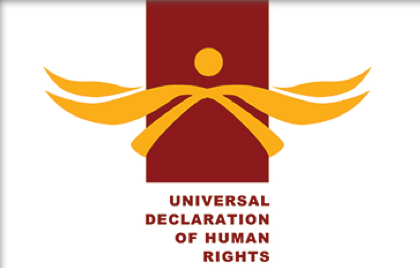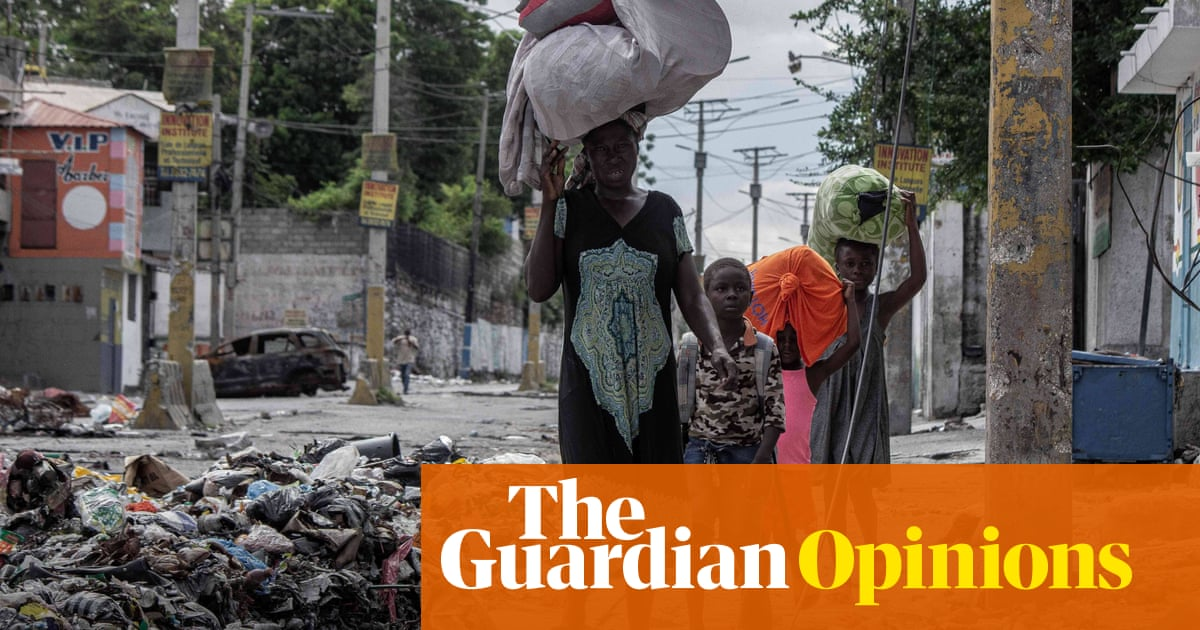- cross-posted to:
- climate@slrpnk.net
- cross-posted to:
- climate@slrpnk.net
A “human rights economy” can deliver for people and the planet because it shifts our focus from growth to humanity – grounding the purpose of the economy in fundamental, universal human values. It offers human rights as a guardrail to keep the economy on track – meeting the challenges of the climate crisis, addressing inequalities and eradicating poverty.
This proposition is not some fairytale. Concrete steps can be taken now, starting with choosing measures of progress other than gross domestic product (GDP) – which tells us nothing about the ecological or social fallout of economic activity.
And we need to start valuing what really counts. GDP has no way of accounting for the estimated 16.4bn hours spent every day worldwide on unpaid work, largely carried out by women, that underpins the global economy: caring for children, people with disabilities and older citizens.



This is where you are wrong. They are more than just a set of ideals. They are also a set of binding international treaties.
I am short on time right now, but if this is a perennial issue for you, then I will reply in more detail soon.
No disagreement there, other than you should be careful not tot throw out the baby with the bathwater.
Not all countries are signatories and, of course, it doesn’t matter if you say it’s binding, what matters is if it’s actually followed. Even the basics of the UN charter are constantly violated, as well as the human rights outlined in later declarations. The countries I talked about earlier that weaponize the concept for violence and their own gain never suffer any consequences from violating these agreements. This is because it’s power and leverage that dictate what actually happens. Power and leverage are tools.
There’s no baby. The purpose of a thing is what it does. Not what we are told it does. What it actually does. It is a common mistake to believe that the purpose of a thing is to do what it has never done.
The concept of human rights has never done anything remotely like this, nor have the declarations of the UN. They are used, almost exclusively, as a weapon of nation states, usually from oppressor nations to justify their oppression of other nations via legalese. Every major human rights NGO has been part of this process, they help manufacture consent for the targeting of other countries and then sometimes put up an ignored complaint when the violence really starts to hit. Try to define the concept of human rights descriptively rather than prescriptively based on how it’s been used internationally and by its inconsistent application.
If we use the descriptive approach, then applying human rights to the global economy, a claim that is so vague as to be almost meaningless, we arrive back at the conclusion that it’s indistinguishable from how the status quo works. Rich, militarized, violent countries cynically wielding the concept for their own ends and only applying consequences for violating it to their targets. A set of nations more or less immune from the ICC and ICJ. International trade systems controlled by a few imperialist countries extracting from the global south. This is what your “tool” currently does re: the global economy, as international law. Ask yourself: what would actually change and why?
Similarly, considering it to be a tool implies it can be used to accomplish something. Let’s say a person comes up to you and they say they agree with the astoundingly ignorant academics in these articles. They want to create a new economy based on human rights. Then they ask you, “how do I help?”
What do you tell them, how does the approach differ from the status quo, and how will it ever be sufficient to overcome the fundamental economic and military forces aligned against you?
I encourage you to read the letters between Einstein and Freud which lay the theoretical groundwork for human rights.
[1931-1932] [resource] The Einstein-Freud Correspondence
edit: still short on time, but i will re-read your post and reply to the legitimate, non-political questions.
laws are tools. binding treaties create laws.
This does not address anything I said.
In your belief.
It’s not really debatable. I invite you to engage with the realities I have offered or even just disengage if you’d prefer that.
Let me know once you’ve read the Einstein-Freud Correspondence and re-assessed your opinions to be non-machiavellian. Then I will be happy to continue to engage with you.
I’m not even sure what your second request is supposed to mean but I think you have the basic burdens switched around here. I wrote a lengthy good faith response to you. You ignored it and started trying to control the conversation and give homework, repeatedly and condescendingly assuming I’ve never read it before (note how you did not ask). Please ask yourself whether you’re being fair.